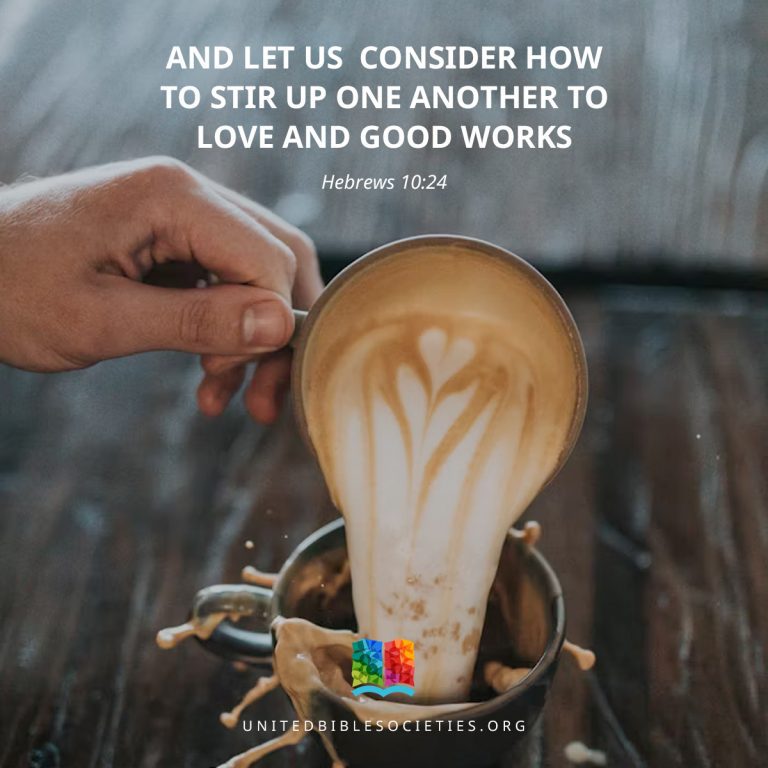1 Rɔ-asa reere-reere rɔppa rǝthi kahana rǝṯirsi alla-na ki-lizi-nǝ leeŋen ethi ǝkkici Allah ŋothɽor ki-lɔɔbi leeŋen, ethi unducci Allah kwomne kworo, nǝ ethi ǝvicǝ haḏaaya nǝ kiraama mindaŋ mǝ ŋikiya fivrinni kithaay. 2 Nǝ ŋundu ki-rogɽo ruuŋwun nɔŋwɔni kwajlinna tok, e-ta ǝṯɔŋw-mǝ ǝthi ŋɔma ethisi ṯiici naana jiɽeem kila lir yǝɽiyǝŋ lǝṯisi ǝkkiki pir-pir. 3 Nǝ kaka najla ŋgwɔ ki-rogɽo ruuŋwun, ǝṯɔŋweere undundu kwomne kworo kwir kiraama kǝthi ŋikiya ŋǝthi lizi dak mac, laakin kwǝthi ŋikiya ŋǝthi rogɽo ruuŋwun tok. 4 Kwende kweere kwǝṯi alla rogɽo ruuŋwun ṯiiɽǝthi-nǝ ethoro rǝ-iis rɔppa rǝthi kahana, laakin nǝ Allah wǝṯi ɔrnɔṯi ŋunduŋw, kaka-ṯǝ Haaruun-ŋwɔ.
5 Nǝ Kwɔrɔstɔ tok nɔŋweere piŋi rɔgɽo ruuŋwun mac ethoro Rǝ-iis Rɔppa rǝthi kahana, laakin nɔŋworo ŋgwa kwǝllinǝ kwǝccǝ ŋunduŋw-ŋwɔ:
“A kwir Tɔr tiinyi; nyii kwɔmoro Ṯarnyalɔ aŋwɔnɔ.”
6 Nɔŋwsaaɽi nɔŋwsandasi kǝzir wir ter kwokwony nɔŋwaarɔŋw:
“Ŋa kwɔrɔɔthatha kaahin lur,
nizaam-gi kwǝthi Mǝlikii-saaḏig.”
7 A-naani-tǝ Yǝcu kinnǝni kwɔmiithɔ aŋna-yi wuuŋwun ki-ṯurmun-nǝ, nɔŋwaari kiyiiriny mindaŋ nɔŋw uṯici Allah-lɔ kwɔɔvɔna ŋɔmmaŋi ŋwal-ŋi yǝy-yi, wǝthi ŋɔma ethi kilǝthi ŋunduŋw ŋiɽany naana. Nǝ kaka nǝjlinnǝ ŋgwɔ ki-rogɽo nɔrɔ-ŋgwɔ kwǝthi Allah tok, nǝ Allah niŋnaci. 8 Laakin, nɔrɔŋw-va kinnǝni Tɔr tǝthi Allah tok, nɔŋwaari @aillima ethi niŋnithi ṯirǝŋinnǝ-thi. 9 Nǝ mɔŋw ṯimmayini dap tǝ, nɔŋworo ṯuwǝ ṯǝthi ŋiglǝthǝ ŋǝṯi nannatha dok-dok ŋǝthi kila tatap lǝṯi niŋnithici ŋunduŋw, 10 e-ta nǝmǝ Allah ruusi Rǝ-iis Rɔppa rǝthi kahana, nizaam-gi kwǝthi Mǝlikii-saaḏig.
Ṯɔɔraca ethi nannatha ki-ṯǝmminǝ-nǝ.
11 Ŋinaanɔ ŋittǝzir ŋǝthisi andasi ŋǝthi ŋiɽaŋal ŋɔ, laakin nǝr ferlle beṯṯen ethisi dugwɽǝci ŋaaŋwɔsi-na, kaka nǝṯir-gweere ǝnḏi ki-ŋwɔɽa-na ŋwaalɔ mac. 12 Ŋɔvthanna-mi ŋarna ki-ŋwɔɔmɔr-la-ṯa ŋwɔ ya ǝŋgoro mɔ@allimiin kirem, laakin ŋaaŋa kila-ta kǝnnǝ linaŋna kwizi kwette ethǝccǝ ŋaaŋwɔsi @allima ḏuruusǝ ṯir ŋwɔɽa ṯǝthi ŋiɽaŋal ŋǝthi Allah. Nǝ ki-lɔɔbi lǝthi-li yee ethneya wɔfirllina, laakin nǝtǝ nanni linaŋna ethi yǝthǝ ŋan lǝlu-ttuk. 13 Kweere kwǝṯi naŋni ethi ruusi ŋan ethne wuuŋwun tǝ, nɔŋw-tǝ oro kinnǝni kwokwɔɽony, kwiti kwilŋithisi ŋǝni ŋirllalɔ nǝ ŋigii tok mac. 14 Laakin ethne wufirllina wir wǝthi kila limǝ peŋe, kila limǝ iirǝnni ŋiɽaŋali kii nǝrsi elŋe ŋisaaw nǝ ŋigii tok.
1 Every high priest is chosen from his fellow-men and appointed to serve God on their behalf, to offer sacrifices and offerings for sins. 2 Since he himself is weak in many ways, he is able to be gentle with those who are ignorant and make mistakes. 3 And because he is himself weak, he must offer sacrifices not only for the sins of the people but also for his own sins. 4 No one chooses for himself the honor of being a high priest. It is only by God's call that a man is made a high priest—just as Aaron was.
5 In the same way, Christ did not take upon himself the honor of being a high priest. Instead, God said to him,
“You are my Son;
today I have become your Father.”
6 He also said in another place,
“You will be a priest forever,
in the priestly order of Melchizedek.”
7 In his life on earth Jesus made his prayers and requests with loud cries and tears to God, who could save him from death. Because he was humble and devoted, God heard him. 8 But even though he was God's Son, he learned through his sufferings to be obedient. 9 When he was made perfect, he became the source of eternal salvation for all those who obey him, 10 and God declared him to be high priest, in the priestly order of Melchizedek.
Warning against Abandoning the Faith
11 There is much we have to say about this matter, but it is hard to explain to you, because you are so slow to understand. 12 There has been enough time for you to be teachers—yet you still need someone to teach you the first lessons of God's message. Instead of eating solid food, you still have to drink milk. 13 Anyone who has to drink milk is still a child, without any experience in the matter of right and wrong. 14 Solid food, on the other hand, is for adults, who through practice are able to distinguish between good and evil.

